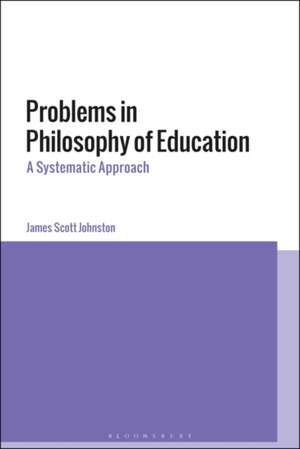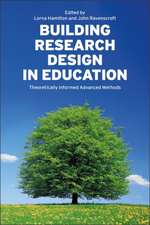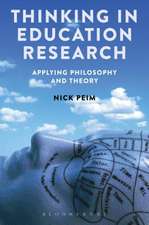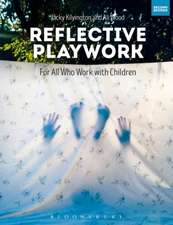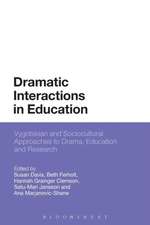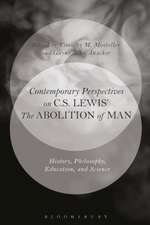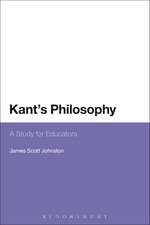Problems in Philosophy of Education: A Systematic Approach
Autor James Scott Johnstonen Limba Engleză Paperback – 16 sep 2020
| Toate formatele și edițiile | Preț | Express |
|---|---|---|
| Paperback (1) | 224.48 lei 6-8 săpt. | |
| Bloomsbury Publishing – 16 sep 2020 | 224.48 lei 6-8 săpt. | |
| Hardback (1) | 714.92 lei 6-8 săpt. | |
| Bloomsbury Publishing – 6 feb 2019 | 714.92 lei 6-8 săpt. |
Preț: 224.48 lei
Preț vechi: 288.74 lei
-22% Nou
Puncte Express: 337
Preț estimativ în valută:
42.95€ • 44.74$ • 35.81£
42.95€ • 44.74$ • 35.81£
Carte tipărită la comandă
Livrare economică 28 martie-11 aprilie
Preluare comenzi: 021 569.72.76
Specificații
ISBN-13: 9781350178960
ISBN-10: 1350178969
Pagini: 256
Dimensiuni: 156 x 234 mm
Greutate: 0.36 kg
Editura: Bloomsbury Publishing
Colecția Bloomsbury Academic
Locul publicării:London, United Kingdom
ISBN-10: 1350178969
Pagini: 256
Dimensiuni: 156 x 234 mm
Greutate: 0.36 kg
Editura: Bloomsbury Publishing
Colecția Bloomsbury Academic
Locul publicării:London, United Kingdom
Caracteristici
Challenges the dominant thinking in philosophy of education that philosophy of education, as things stand now, should have something important to say about educational practice or schooling.
Notă biografică
James Scott Johnston is Jointly Appointed Associate Professor at the Faculty of Education and the Department of Philosophy at Memorial University of Newfoundland, Canada.
Cuprins
Preface: Problems in Philosophy of EducationIntroductionPart I: Philosophy of Education1. Setting the Scene2 Educational Theories and Philosophic Models3. Present Circumstances of Philosophy of Education4. The Two Constants in Philosophy of EducationPart II: Theory and Research in Scholarship5. Between Philosophy and Education6. Philosophy or Theory of Education7. Philosophy and Educational ResearchPart III: Practice8. Teaching and Learning9. The Curriculum10. The Question of Schools as Social InstitutionsPart IV: Towards a New Program11. Question One12. Question Two13. Question ThreeAppendixBibliographyIndex
Recenzii
A very welcome contribution to the literature on philosophy of education. The coverage is wide-ranging, the scholarship is very sound, and the argument is timely and original. The book will be of interest not only to philosophers of education but to a broad readership in the several subdisciplines of education.
